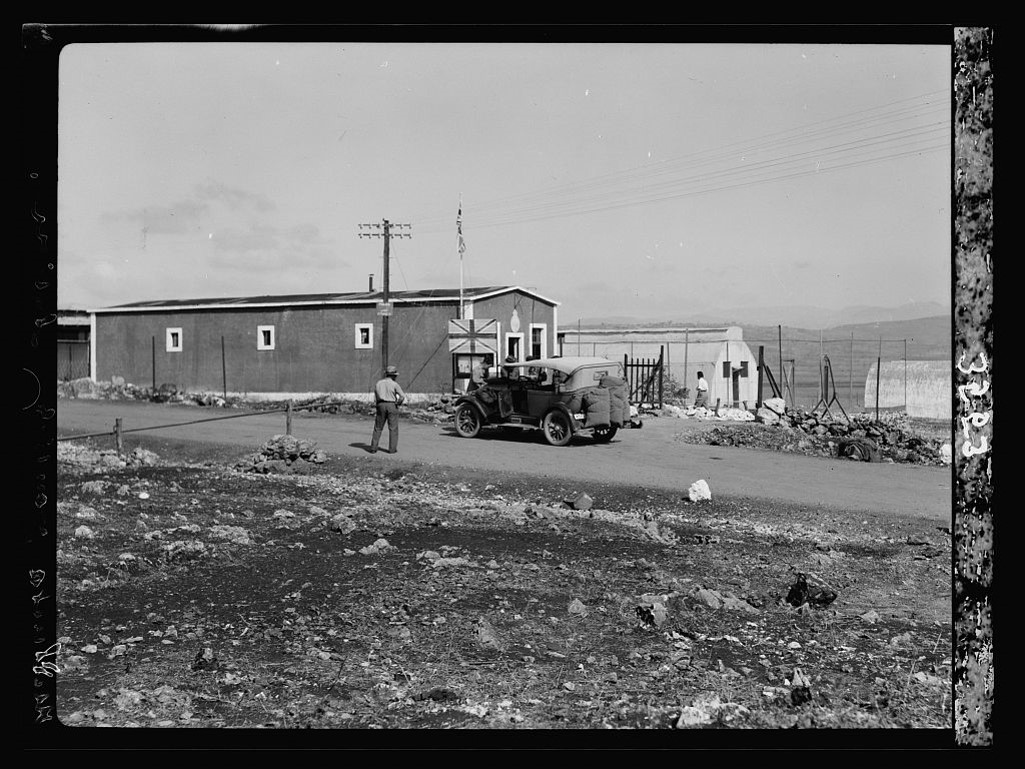Refugees, Displaced Migrants, and Territorialization in Interwar Palestine
DOI:
https://doi.org/10.24847/55i2018.174Keywords:
Palestine Mandate, documentary identity, undocumented migration, refugees, muhacir, territorialization of borders, Zionist immigration, mobility regime, migration, Middle EastAbstract
The history of undocumented movement into mandate Palestine by non-Zionist displaced migrants and refugees is one which naturally highlights the territorialization of Palestine’s geopolitical space. From 1920, Great Britain, as the mandatory power in Palestine, bolstered its control over the territory’s physical space through its classification and categorization of refugees and displaced migrants, and the regulation of their movement. Yet, the reactions to these processes by migrants and refugees, highlighted by numerous examples from the archival record, are not entirely ones of resistance. Despite the changing definitions and benefits of refugee and migrant status from the late Ottoman through the interwar period, often-undocumented arrivals to Palestine actively engaged with the mandate’s new immigration and mobility-control regimes and documentary-identity regulations. The active engagement of refugees and displaced migrants included circumventing and subverting these new regimes in a number of pragmatic and inventive ways. As the paper demonstrates, this very engagement serves to highlight the limitations of the mandate administration’s policies on immigration and mobility and of its migrant classification system.

Published
Issue
Section
License
Copyright (c) 2018 Lauren Banko

This work is licensed under a Creative Commons Attribution-NonCommercial-NoDerivatives 4.0 International License.
Authors who publish with this journal agree to the following terms:
- Authors retain copyright and grant the journal right of first publication with the work simultaneously licensed under a Creative Commons Attribution-NonCommercial-NoDerivatives 4.0 International License, which allows others to share the work with an acknowledgement of the work's authorship and initial publication in this journal.
- Authors are able to enter into separate, additional contractual arrangements for the non-exclusive distribution of the journal's published version of the work (e.g., post it to an institutional repository or publish it in a book), with an acknowledgement of its initial publication in this journal.
- Authors are permitted and encouraged to post their work online (e.g., in institutional repositories or on their website) prior to and during the submission process, as it can lead to productive exchanges, as well as earlier and greater citation of published work (See The Effect of Open Access).
The content of this journal is licensed under a Creative Commons Attribution-NonCommercial-NoDerivatives 4.0 International License.

